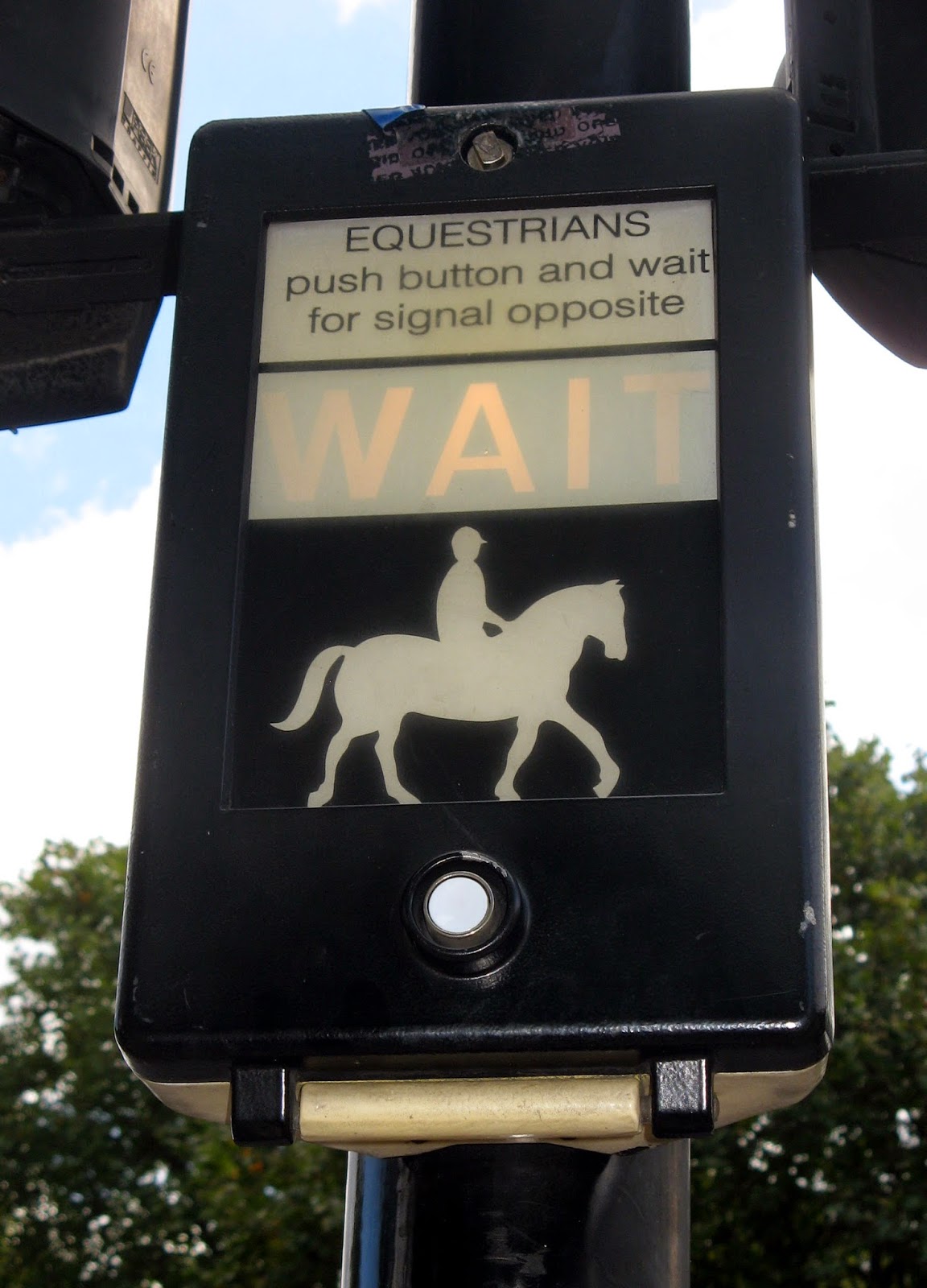Slang, Swearing and Death in The Catcher in the Rye
Salinger's protagonist, Holden Caulfield reveals his innermost thoughts through a stream of consciousness awash with slang, swearing, and references to death.
Societal pressures intensely disturb the anti-hero of The Catcher in the Rye, causing him to reject and pervert expected social conventions. Although Holden constantly engages himself in conversation, he equally explicitly demonstrates his dislike of dialogue and instead prefers to express himself through the medium of writing, a form of communication that creates a distance between himself and the reader but brings him closer to his older brother D.B., who is a writer.
Holden Caulfield’s use of slang
Through his writing, Holden discovers a vehicle for self-expression; however, the surface structure of his narration projects simple language, “lousy vocabulary” (8), and consistent vulgarities. Yet, with repeated occurrences of key words or groups of key words, a technique of this kind serves to symbolise a deeper intent. For instance, colloquialisms such as “pot of dough” (14), “elephants knock her out” (147), "wolf the smoke" (49), and “was she lousy with rocks” (49) dominate the text, but not without reason.
According to David Crystal, in The Cambridge Encyclopaedia of Language (1997), “slang is imaginative, vivid and ingenious in its construction and attracts those who for reasons of personal or social identity wish to be linguistically different” (53).
Crystal also states that “one of the most important functions of language variation is its ability to enable individuals to identify with a social group or to separate themselves from it” (42). Apparently, therefore, Holden’s idiolect reveals, on the one hand, his rejection of his well-established upper-middle class family and on the other, his creative use of language.
Crystal also states that “one of the most important functions of language variation is its ability to enable individuals to identify with a social group or to separate themselves from it” (42). Apparently, therefore, Holden’s idiolect reveals, on the one hand, his rejection of his well-established upper-middle class family and on the other, his creative use of language.
Holden Caulfield’s purpose for using swear words
Albeit shocked by the spectacle of perversity and evil around him, together with colloquialisms, Holden shamelessly uses expletives of different levels of intensity such as “bastard” (44), “damn” (15), “fuck" (182), “hell” (42), and “sonuvabitch” (21). Even though, as Crystal mentions, the most obvious employment of swearing is an outlet for frustration or pent-up emotions, such profanities not only represent Holden’s mindset but also function socially as markers of group identity and solidarity albeit usually associated with the lower classes (61).
Therefore, Holden’s prolific cursing serves a threefold purpose: as a vent for his suppressed anger, as a barrier between him and his upper-middle class family and as pass into the grown-up section of society, since Holden cannot find his place amongst his peers.
Interestingly, though he curses without restraint, Holden endeavours to erase the “Fuck you” (182) from the school wall, perchance to save small children from such vulgarisms. Thus, although, his language allows him to diffuse his anger and consciously disassociate himself from his social class, his sensitivity seeps through his conceivably asinine terminology, marking the contrast between his exterior characteristics and his inner qualities.
Holden Caulfield’s purpose for using 'death' words
While slang and swearing demonstrate Holden’s denial of his social class, other repetitive key words and phrases associated with death pervade his narration, attesting both to his disillusionment with society and to his propensity for abstract thinking.
Clarissa Estes Pinkhola in her book, Women Who Run With the Wolves (1995), states that “freezing up is the worst thing a person can do. Coldness is the kiss of death to creativity, relationship, life itself” (197). In connection to Estes Pinkhola’s reference, Holden continuously uses expressions associated with cold including “freezing my ass off" (3), “icy as hell” (4), and “frozen to death” (5).
More significantly, the adolescent anti-hero focuses on the frozen lake in Central Park and reiterates the ontological question: “Where do the ducks go in the winter?” (11).
Holden seems to draw an analogy between the lake and society. For him society has turned into a frozen pond, denying him of his life resources.
Holden seems to draw an analogy between the lake and society. For him society has turned into a frozen pond, denying him of his life resources.
As his thoughts revolve around life and death, on the one hand, Holden flippantly uses perfunctory phrases such as “drop dead” (26), “goner” (17), and different variations of “that killed me” (140), and on the other, he obsesses with his health, worrying about catching pneumonia and dying (139), cancer (176), and brain tumours (51). More than this, when he poses as “Rudolf Schmidt” (48), he symbolically erases the persona Holden Caulfield.
Does Holden want to die?
Holden Caulfield’s anti-hero combination of extreme thoughts expressed through his stream of consciousness stresses his ambivalence towards living, the root of which is his conflict with society. Holden needs help.
Read more about Holden here.
Read more about Holden here.
Sources:
- Becker, A. L. “Text Building, Epistemology, and Aesthetics in Javanese Shadow Theatre.” Beyond Translation. Ann Arbor University of Michigan Press, 1995. 17-35.
- Crystal, David. The Cambridge Encyclopaedia of Language Second Edition, Cambridge, 1997.
- Pinkhola Estes, Clarissa. Women Who Run With The Wolves, Ballantine Books, New York, 1995.
- Salinger, J.D. The Catcher in the Rye, Penguin Books, London, England, 1994.
First published, Feb 21, 2011, by Lesley Lanir on Suite101.com
Copyright Lesley Lanir. Contact the author to obtain permission for republication.
Copyright Lesley Lanir. Contact the author to obtain permission for republication.



Comments
Post a Comment